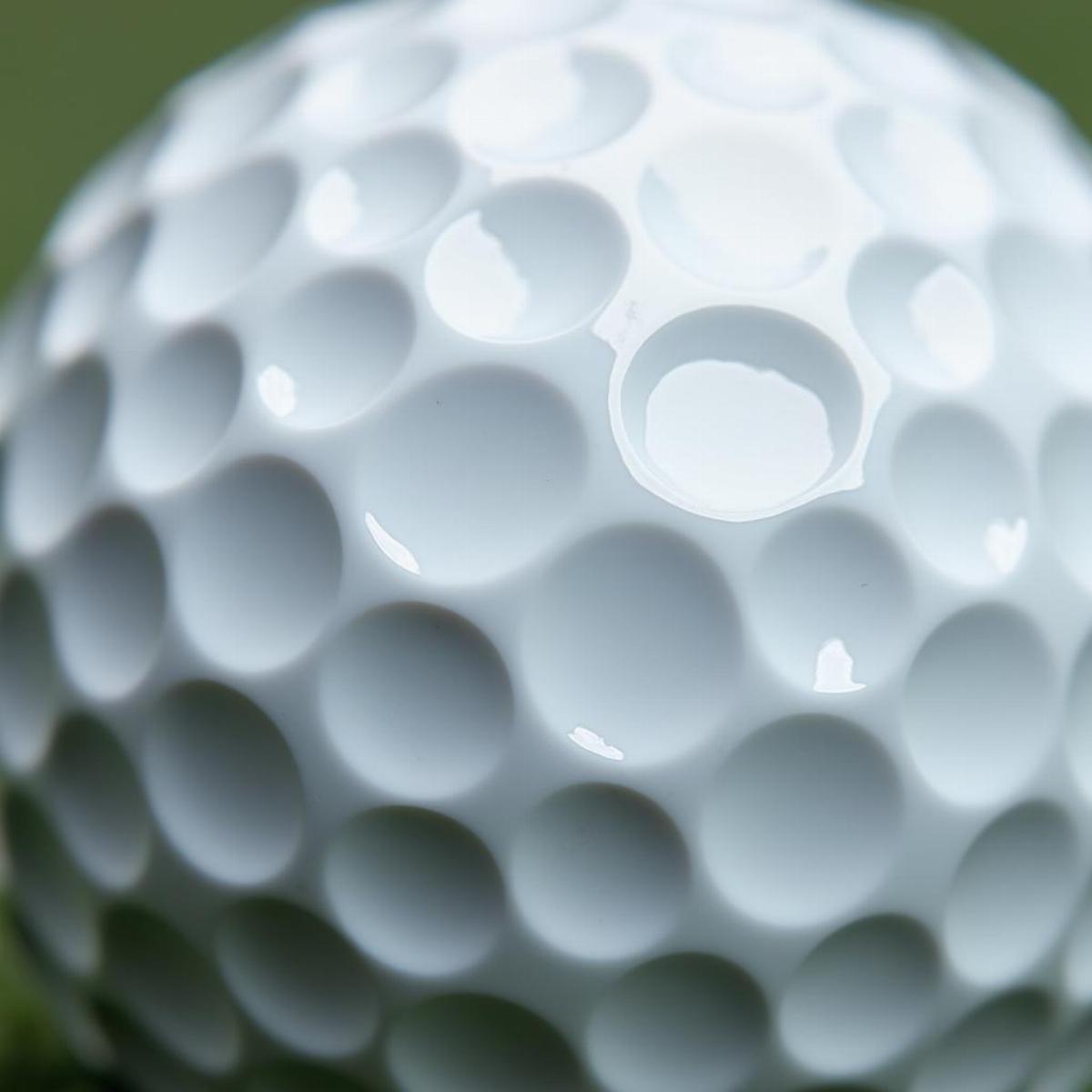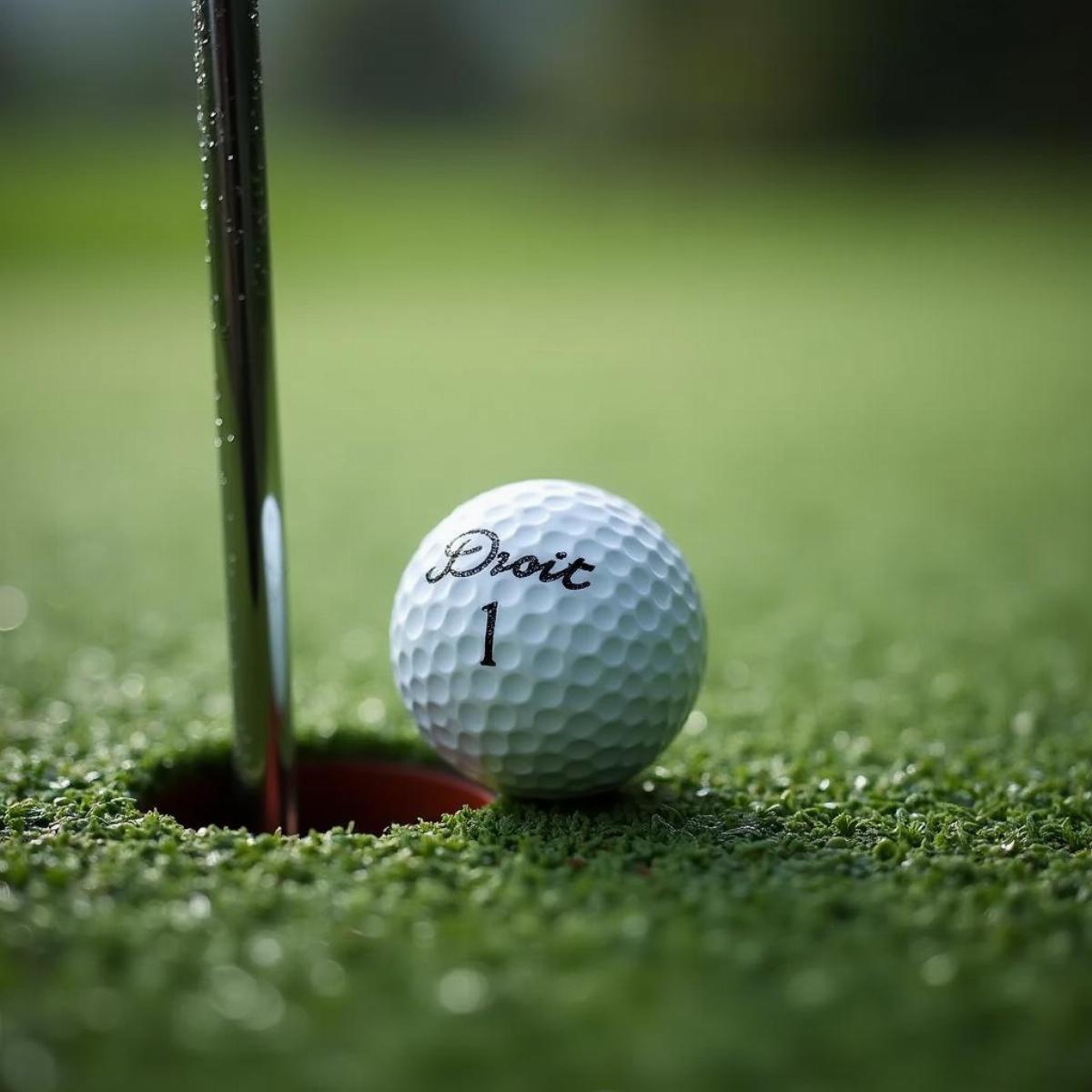Golf balls come in various types and compositions, but the soft golf ball has carved out its niche in the golfing community. But what exactly is a soft golf ball, and how does it impact your game? In this guide, we will delve into the construction, benefits, and features of soft golf balls, and explain why they might be the right choice for you.
Understanding Soft Golf Balls
Soft golf balls primarily refer to balls that have a lower compression rating compared to their harder counterparts. This characteristic affects how the ball interacts with the clubface upon impact, ultimately influencing performance.
Key Characteristics of Soft Golf Balls
- Lower Compression: A soft ball typically has a compression rating ranging from 60 to 80. In contrast, hard golf balls usually range from 90 to 110.
- Soft Cover Material: Most soft golf balls have a cover made from a urethane or soft ionomer blend. This enhances feel and spin, especially around the greens.
- Distance vs. Feel: While soft golf balls offer exceptional feel, they may sacrifice some distance compared to harder models, making them suitable for specific player types.
Choosing a Soft Golf Ball
When choosing a soft golf ball, consider the following aspects to ensure it complements your style of play:
- Swing Speed: Players with slower swing speeds (below 90 mph) typically benefit from soft golf balls as they help maximize distance.
- Skill Level: Beginners may find soft balls more forgiving, while advanced players can benefit from the increased control around the greens.
- Playing Conditions: Soft golf balls often perform well in colder weather and on softer course conditions, making them versatile in different environments.
Benefits of Using Soft Golf Balls
- Enhanced Feel: The softer cover provides better feedback on shots, allowing you to finesse your short game effectively.
- Improved Spin Control: With a soft cover, these balls promote more spin, especially on chips and approach shots.
- Greater Forgiveness: They are less likely to bounce away from the desired line, making them more forgiving on off-center hits.
- Optimal for Short Game: Soft balls excel in delivering the control needed for delicate approaches and putts.
 Soft Golf Ball Close Up
Soft Golf Ball Close Up
Drawbacks of Soft Golf Balls
- Less Distance for Some Players: Golfers with faster swing speeds might not achieve the same distance as with firmer balls.
- Durability Issues: The soft cover can wear down more quickly, impacting the ball’s lifespan.
Popular Soft Golf Balls on the Market
Here’s a quick comparison of some popular soft golf balls available today:
| Brand | Model | Compression | Cover Material | Key Features |
|---|---|---|---|---|
| Titleist | Pro V1 | 90 | Urethane | Exceptional spin & control |
| Callaway | Supersoft | 38 | Ionomer | Great feel and distance |
| Bridgestone | e6 Soft | 44 | Ionomer | Low spin on drives, soft feel |
| Srixon | Soft Feel | 60 | Urethane | High spin, low compression |
| Wilson | Duo Soft | 40 | Ionomer | Incredible feel, excellent value |
How to Maximize Your Use of Soft Golf Balls
To fully utilize the benefits of a soft golf ball, here are some tips:
- Focus on Yards, Not Just Feel: While feel is crucial, also consider how far you’re hitting the ball.
- Practice Short Game: Use the soft golf ball for practicing your short game, focusing on spin control and accuracy.
- Experiment with Different Brands: Each brand may offer a slightly different feel, so don’t hesitate to try a few to find the one that suits you best.
 Golfer Choosing Soft Golf Ball
Golfer Choosing Soft Golf Ball
Key Takeaways
- Soft golf balls, characterized by lower compression, are ideal for players seeking enhanced feel and control.
- They excel in the short game due to their ability to generate spin and accuracy.
- Consider factors like swing speed and playing conditions before choosing a soft ball.
- Popular options include Titleist Pro V1, Callaway Supersoft, and Srixon Soft Feel.
Frequently Asked Questions (FAQ)
1. What is the compression of a soft golf ball?
Compression for soft golf balls generally ranges from 60 to 80.
2. Can I use soft golf balls if I have a fast swing speed?
While you can, players with fast swing speeds may benefit more from harder balls, as soft balls can reduce distance.
3. Do soft golf balls help with distance?
Soft golf balls offer distance benefits primarily for players with slower swing speeds.
4. What is the best soft golf ball for beginners?
The Callaway Supersoft is a popular choice for beginners due to its low compression and high forgiveness.
5. Are there any downsides to using soft golf balls?
The primary drawbacks include less distance for faster golfers and potentially lower durability due to the softer cover.
6. How do I know if I should choose a soft golf ball?
Consider your swing speed, skill level, and whether you prioritize feel and spin in your game.
7. Will soft golf balls perform well in wet conditions?
Yes, soft golf balls often perform better in softer, wetter conditions, helping to maintain grip around the greens.
 Soft Golf Ball On Wet Green
Soft Golf Ball On Wet Green
8. Which brand offers the best soft golf balls?
It depends on personal preference, but popular choices include Titleist, Callaway, and Srixon.
By understanding what a soft golf ball is and how it can affect your gameplay, you’re better equipped to choose the right ball for your needs. Investing time in testing various types can offer significant benefits and enhance your overall golfing experience. Happy golfing!

